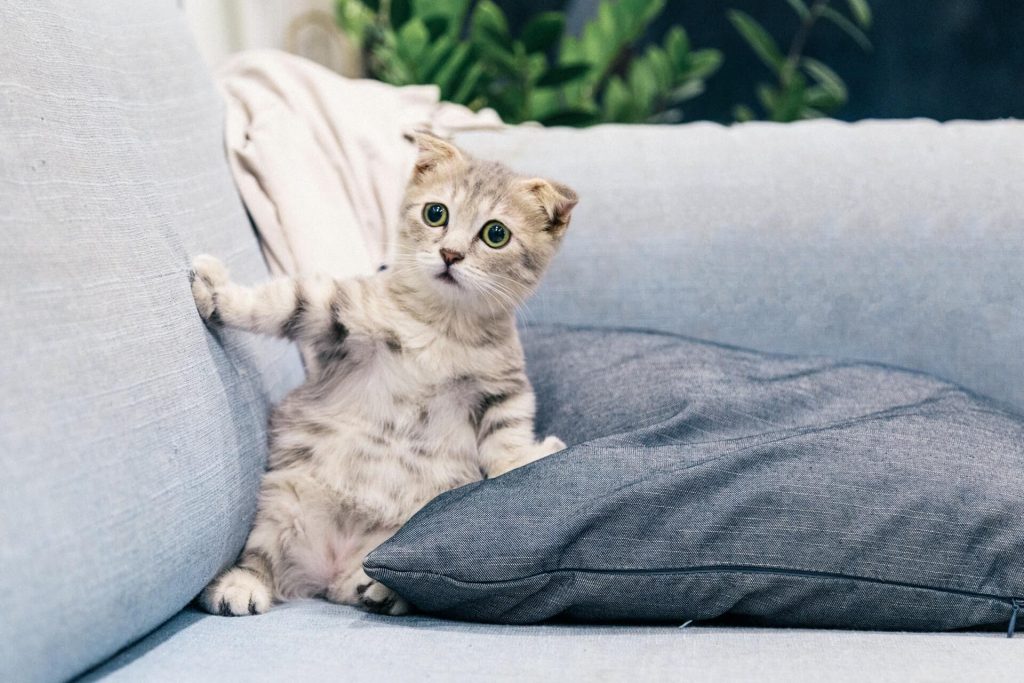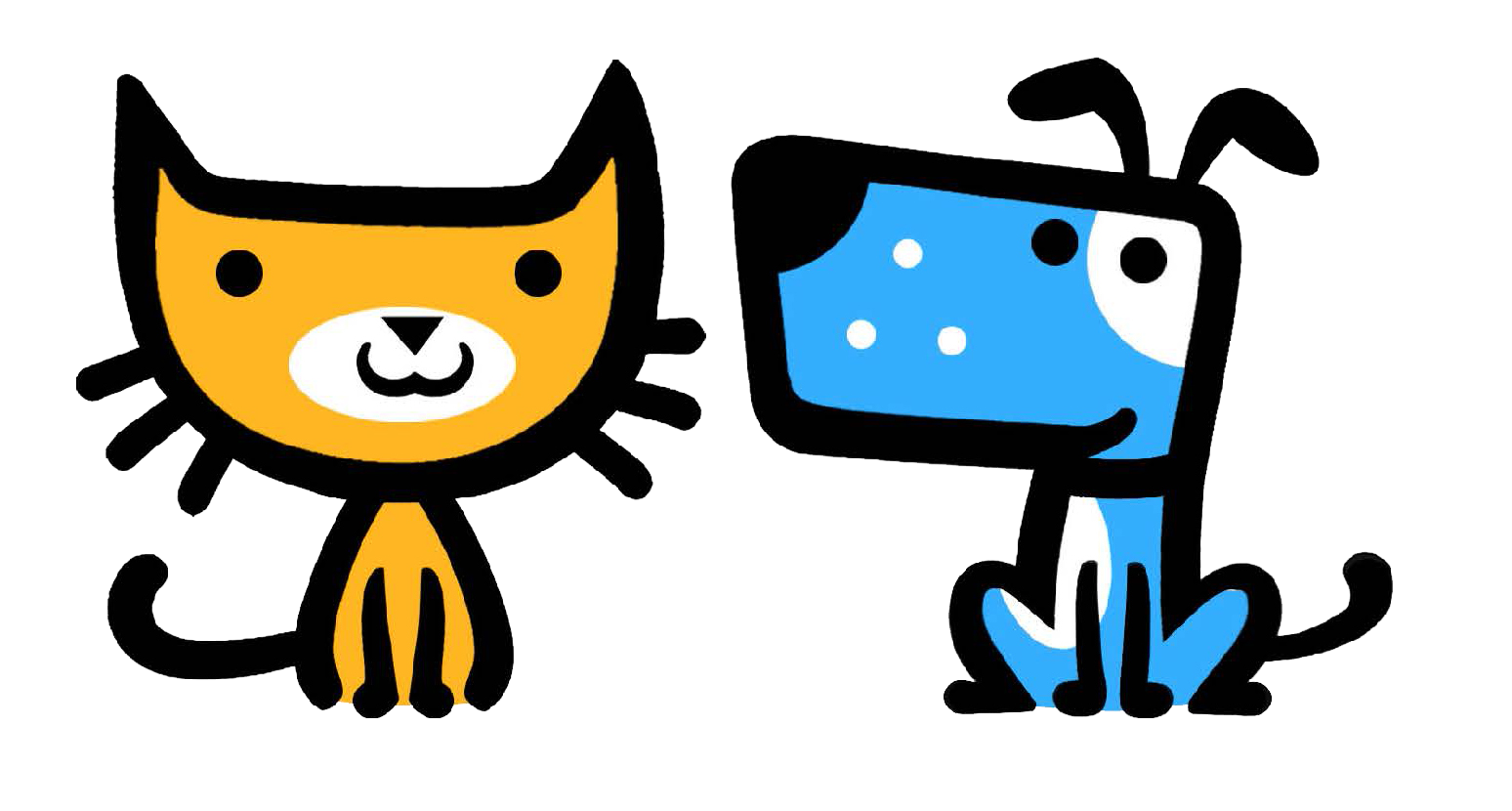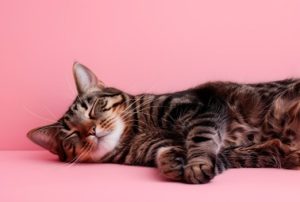Time to read: 8 mins
Monitoring our pets’ faeces means you are monitoring their health. Generally, a healthy cat or dog stool is moist but firm, holds its form when picked up, has a mild odour and is chocolate brown in colour. If it is not, there may be an underlying issue with your pet. Pets’ faeces can be the first indicator to a myriad of potential problems. Knowing the difference between what is normal and healthy, to what is abnormal, will help you determine when your pet has a problem.
What to look out for?
It is important to be familiar with your own pets’ normal eliminations. This is key to help you notice a potential problem early on. Regardless of your pet’s diet, it is important to know what their poop looks and smells like normally so that you will be immediately aware of any changes in frequency, consistency, size, colour, or smell.
We can look at faeces in a few different ways:
Consistency: Is it hard and crumbly, formed and cracked or watery and loose?
Colour: Is the faeces brown like chocolate, green, yellow or even black?
Contents: Is it free of all foreign material?
Coating: Mucous and/or a blood coating can be indicators of a problem.
Smell: Normal faeces should have a mild odour.
Do not forget the way your dog or cat passes faeces can be another indicator of a problem. Cats and dogs both adopt a similar defecating position to pass faeces. Making sure your pet can pass faeces when adopting this posture is as important as noting the faeces itself. If your pet seems to be straining, taking more trips than usual outside or to the litter tray, with or without the production of faeces, this could be an indicator that they are struggling in some way.
Consistency
Faecal condition scores can provide insight into how a diet is being digested by your pet. This along with colour, contents and coating, we can begin to build a picture of what the problem could be.
There are different scores to assess the consistency:
Score 1 – Very hard and dry, requires much effort to expel from the body. No residue left on the ground when picked up. Often expelled as individual pellets.
Score 2 – Firm but not hard, should be pliable, segmented in appearance, little or no residue left on the ground when picked up.
Score 3 – Log-like, little or no segmentation visible, moist surface, leave residue but holds form when picked up.
Score 4 – Very moist and soggy, distinct log shape visible, leaves residue and loses form when picked up.
Score 5 – Very moist but has distinct shape, present in piles rather than as distinct logs, leaves residue and loses form when picked up.
Score 6 – Has texture, but no defined shape, occurs as piles or spots, leaves residue when picked up.
Score 7 – Watery, no texture, flat. Occurs as puddles.
Colour, Contents and Coating
Other changes such as a coating of mucous should be considered abnormal. These colours are in a range of colours from clear, green or yellow to pink and bloody,
Fresh blood can be seen as either, red streaks within the faeces or fresh spots passed post defecation, or within a mucous coating. It is important to note that blood can also appear digested as black stools, indicating a problem higher in the GI tract.
Monitor your pets poop
Checking your pets’ faeces for foreign material is an important part of monitoring their health. Dogs easily pick up things they should not. It is common for dogs to chew and eat all sorts of objects. Noting if you are missing any household objects, pets’ toys as well as monitoring your dog’s faeces, will give you an early indicator to a potential foreign body or obstruction.
Equally, cats can take a shine to eating inedible objects. Strings, tinsel, and plastic bags are common culprits that are ingested by cats. It is very important to seek advice if you notice your cat eating or defecating foreign material.
It is important to keep up to date with Veterinary prescribed worming treatments for your pet. Worming treatments should be given to adult cats and dogs every 1 to 3 months, dependent on their behaviour in outdoor activities. Special considerations and treatment protocols for those animals who travel abroad or are indoor cats, can be advised by your vet. Indoor cats still require worming treatment as worms can be transmitted via fleas and they can still be picked up inside. Fleas can be carried through their environment, as they are easily carried in by us on clothing etc.
Why is gut health important for a healthy poop?
Dogs and Cats have a vast network of good and bad bacteria throughout their body, including in the gut, this is collectively known as the microbiome. This delicate balance of bacteria, fungi and viruses can form a protective barrier offering defence against toxins, allergens and carcinogens.
The friendly bacteria in your dog’s gut microbiome produce proteins called enzymes. These help your dog digest and use the food they eat. If those friendly bacteria are unbalanced with unhealthy bacteria, your dog will not get the nutrition he needs from his food. The Microbiome produces vitamins for your dog, especially Thiamine and the B vitamins. Vitamin B12 or Cobalamin is only made by the bacteria in the digestive tract.
Your pet needs to be fed on a consistent, nutritionally balance diet for their specific needs. Doing your best to protect the digestive tract from foreign bodies causing trauma or obstructions, toxins and worms, will help keep your pets’ digestive tract in good health. A healthy gut will produce healthy faeces. Abnormal faeces can be a sign of a list of different problems but also, chronic faecal issues of different natures can lead to secondary issues, such as dehydration.
We have a dedicated 24-hour careline available to all of our policy holders. If you have any questions about your pets’ health, the Scratch & Patch Careline is available to speak and advise you and, when it is appropriate tell you to see your vet. We want the best for your pets, have a look at our wide range of cover levels to find cover that suits both you and your pet.
Related articles
Keeping Short Nosed Breeds Cool in the Heat
Why keeping your pet’s microchip records up to date matters
Looking after cats with arthritis








